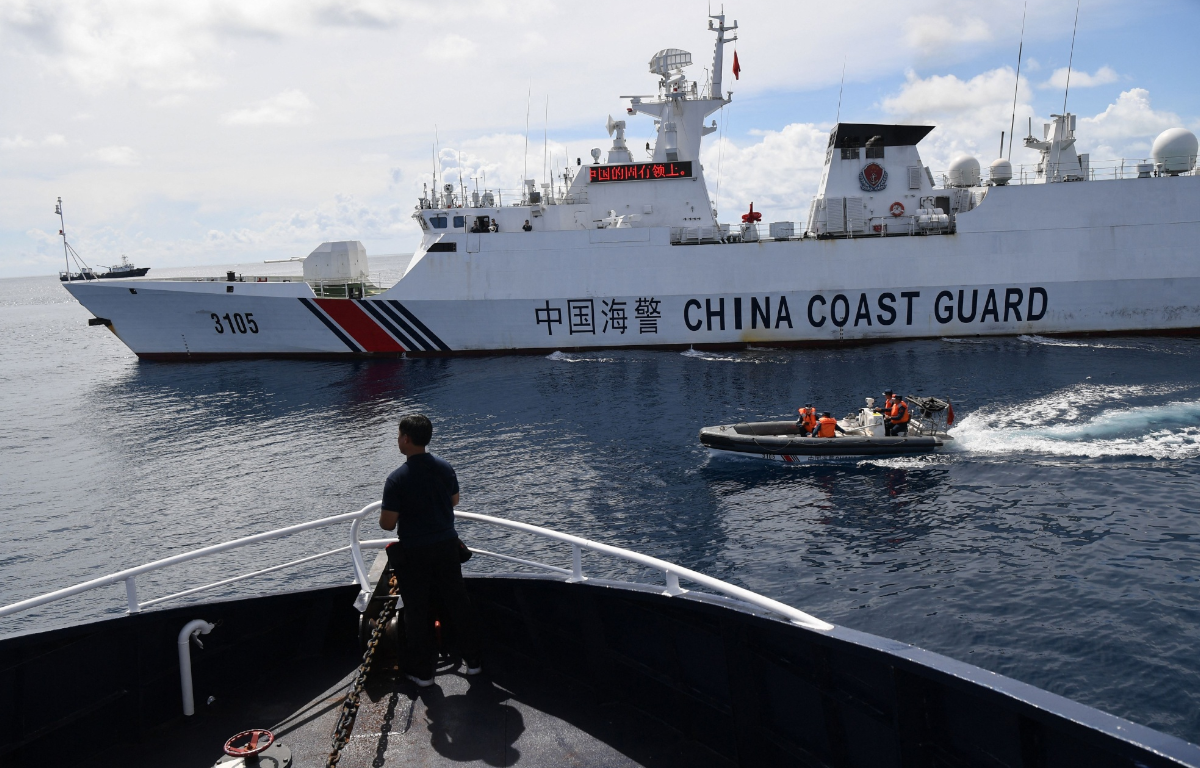
This article delves into the evolving narrative of the growing tension between the Philippines and China, shedding
The backdrop to this tension is the South China Sea, a region rife with territorial disputes and intricate trade routes. China’s rapid ascent as a global power has led to concerns and disagreements with neighboring nations over territorial claims and resource exploration. Within this milieu, the Philippines finds itself dealing with complex challenges due to its overlapping territorial claims with China’s expansive Nine-Dash Line. These disputes have prompted a reassessment of security and surveillance strategies.
The Philippines has had its share of conflicts with China, notably concerning sovereignty over islands and shoals. The 2016 ruling by the Permanent Court of Arbitration in The Hague, rejecting China’s claims in the South China Sea, did little to abate tensions. In response, the Philippines has escalated its surveillance measures to safeguard its territorial integrity and assert its sovereignty. Maritime domain awareness capabilities have been augmented with radar systems, surveillance cameras, and patrol aircraft to monitor activities in disputed areas.
Recognizing the importance of unity, the Philippines has sought to collaborate with allied nations and international bodies to bolster surveillance efforts. Collaborative training exercises, joint patrols, and information sharing are being undertaken to enhance the effectiveness of surveillance initiatives. These efforts are seen as complementary to diplomatic negotiations aimed at peaceful conflict resolution. The surveillance measures provide tangible evidence to support the nation’s diplomatic engagement.
In tandem with bolstered surveillance, the Philippines is revisiting its legal and policy frameworks to strengthen its territorial claims. A reevaluation of its Exclusive Economic Zone and clearer guidelines for surveillance and response measures are under consideration. This legal and policy reinforcement underscores the Philippines’ commitment to a comprehensive approach that balances assertive surveillance with adherence to international norms and legal principles.
While the heightened surveillance measures are integral to safeguarding the Philippines’ interests, they come with challenges. Striking a delicate equilibrium between assertive surveillance and diplomatic negotiations is crucial to prevent further escalation of tensions. The transparency and accountability of these measures must be assured to maintain public trust. Moreover, the Philippines must tread carefully in collaborative efforts with allied nations to avoid inadvertently escalating tensions.
The Philippines’ response to growing tensions with China underscores its commitment to safeguarding its sovereignty. The surge in surveillance initiatives reflects the nation’s determination to uphold its territorial integrity amid a complex geopolitical landscape. As the Philippines negotiates this intricate situation, it must ensure that its surveillance strategies align with broader diplomatic goals, promoting regional stability and adherence to international law.










Share this: